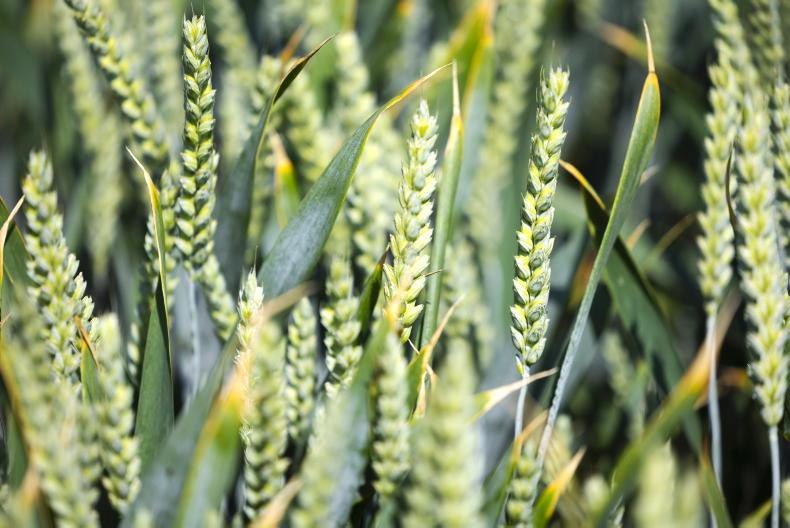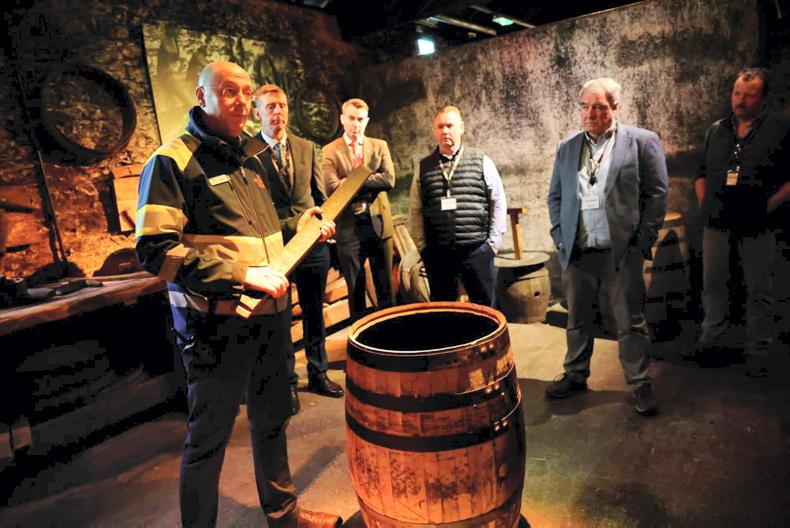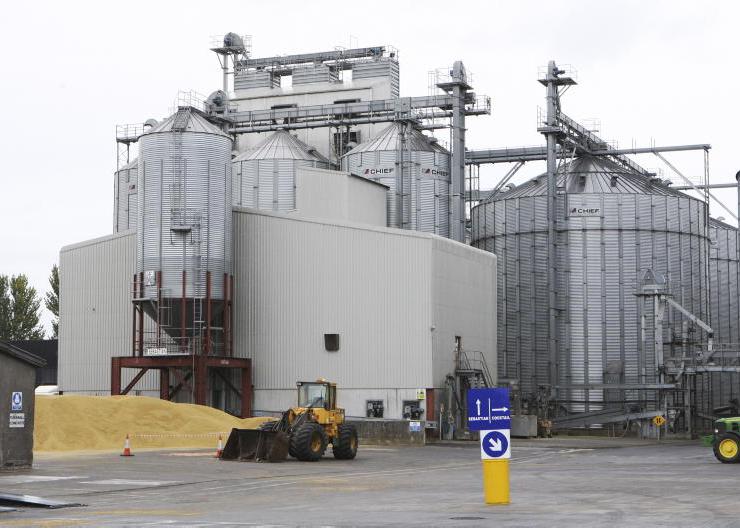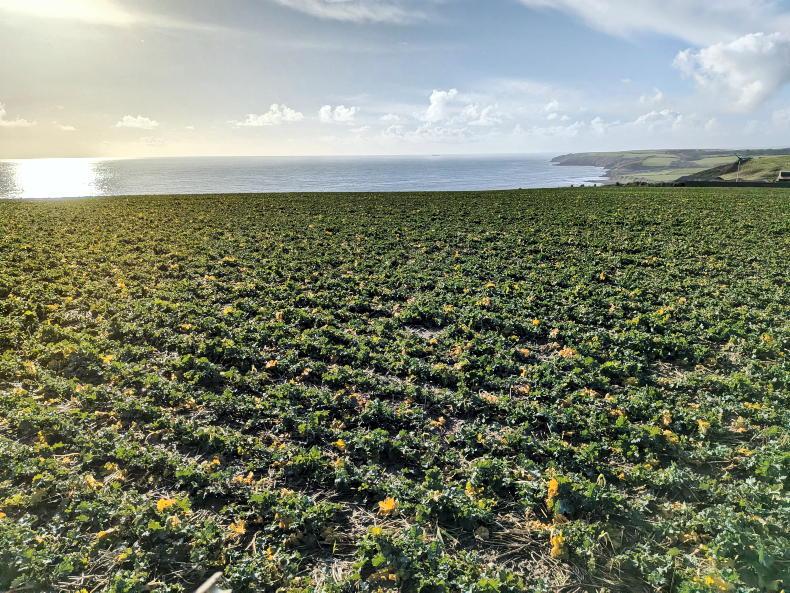Weather: While there has still been showery weather in recent days there has been an opportunity for drying. Some farmers have been out in fields.
Spring beans have been planted in very dry areas and some have attempted to plough, but in some cases were stopped by returning rain or poor ground conditions. There is some rain in the forecast which may stop work for another while.
Some farmers will be eager to go out with fertiliser. Urea may be a more stable product in current conditions. Trial data on early nitrogen shows mixed results. If you are adamant on going out, then apply a small amount and do not apply if heavy rain is forecast.
Teagasc data shows the end of February/early March is the best time to apply the first split. Soil temperatures are below 5°C in many areas and below 6°C in most, so growth is limited.
Beans: If planting beans, keep seeds deep to lower the risk of damage from crows. Beans, like any crop, need a good seedbed and a good start.
To calculate the seed rate you need to multiply the thousand grain weight of the seed by the target plant population and divide this figure by the estimated establishment percentage.
The target plant population will be around 30 or 35 plants/m2 and the establishment percentage will depend on conditions, but could at this time of year is probably 70-80%.
Payment: Many farmers are enquiring about the €100/ha tillage payment. The Department of Agriculture has said that the payments started to issue on Wednesday. Disappointingly the Department has said there will be no payment for 2025. Check to make sure all is right with any Baling Assistance Payment applications to speed up payment.
Wheat crops: At last week’s BASF conference some of the panel discussing winter wheat made a valid point. You need to pull back on some winter wheat crops at present rather than pushing them on at this time of the year. This was in the context of slowing the crop down.
Don’t go early with nitrogen on crops that are already very forward. This will only create a canopy for septoria to develop in. We need to use the chemistry that we have effectively and avoiding the creation of good conditions for septoria will help to make disease control a bit easier.
ITLUS event: The Irish Tillage and Land Use Society is holding its spring field event on 20 February. It will start at the Monasterboice Inn and move to the Drummonds trial farm.
Speakers on the day include Brian Reilly on work on the trial farm, crop nutrition and plant growth regulators; John O’Loughlin from Grassland Agro on soil nutrition to reach high crop yields; and Maria Destefanis from the Department of Agriculture will provide an overview of the National Fertiliser database.
The event will conclude with a discussion on managing advanced winter crops in spring 2025 with Shay Phelan of Teagasc, farmer Peadar Whyte and Seedtech’s Denis Dunne. Email itlussec50@gmail.com.









SHARING OPTIONS